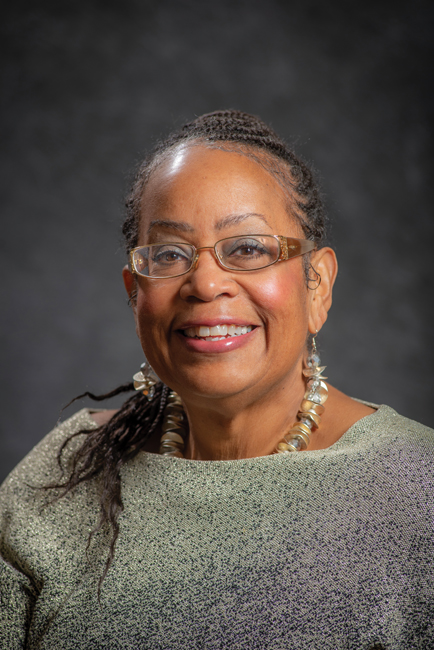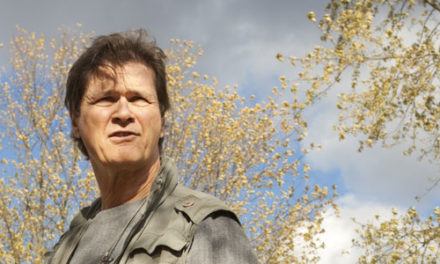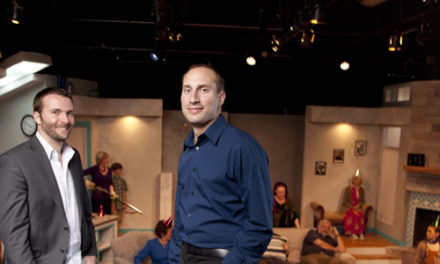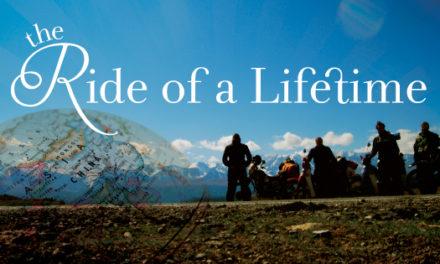
by CARMEN SIERING
For more than 40 years, Elizabeth Mitchell has been documenting African American history and correcting the white version of that history. “All those stories that tell us who we are—stories of exploration, freedom, slavery, and, of course, violence,” she says. “We hold on to those one-sided stories and pass them on from one generation to the next.”
Born in Indianapolis in 1953, Mitchell has experienced that history. Her freshman year, she was one of 76 Black teenagers bused to Arlington High School. “It was the Black children who were inconvenienced, who had to travel at least an hour to the suburbs to integrate the schools,” she says.
Mitchell says the racism she experienced in high school prepared her for what was to come.
“Women my age? You had to get strong on your own,” she says. “What did it was the experiences you had. Either you got tough or you weren’t going to survive.”
Newly wed to her husband, James Mitchell Jr., who had been recruited by the Indiana State Police, Mitchell moved to Bloomington in 1979 and found a job as a postal clerk with the U.S. Postal Service. “I was the only Black female there for 35 years,” she says.
Now retired, Mitchell has more time to spend on her passion projects—researching, preserving, and sharing African American history. She loves to travel to little-known historical sites. “I want to plant my feet where history took place,” she says. “And I want to tell the stories.” She’s managed to do that in a variety of ways, through plays, documentaries, public speaking, and historical displays.
Mitchell’s work has earned her a number of awards. Two of the most recent include the Indiana Historical Society’s Hubert Hawkins Local History Award in 2018 and the 2019 Golden Hoosier Award, which recognizes seniors for a lifetime of service to their communities.
Commenting on the protests and marches that sprang up following the murder of George Floyd, Mitchell says, “If you look at the photos from protests back in the day [during the civil rights movement], there have always been whites who have marched, but not to the degree I saw this year. People are getting it now, what we have been crying about for years. Because racism is a white problem, and it is going to take whites to fix that problem.”











Trackbacks/Pingbacks